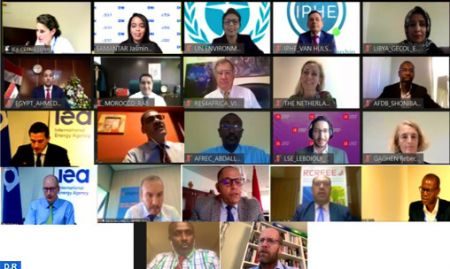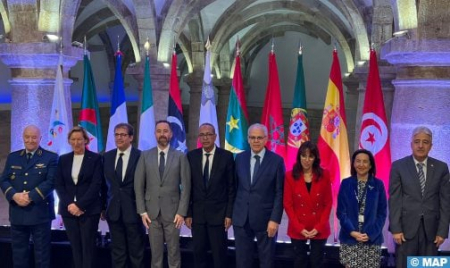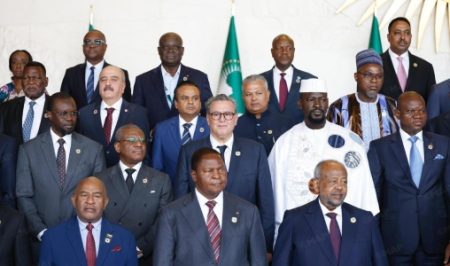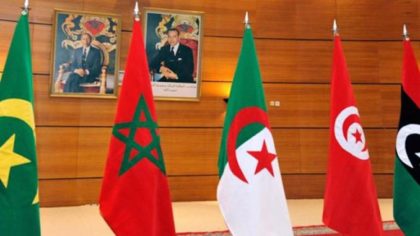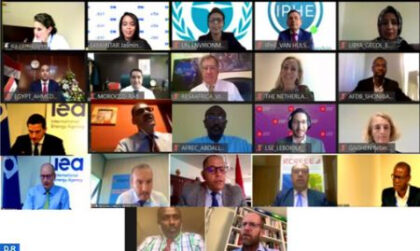 The Moroccan energy model based on renewable energies and energy efficiency was at the center of a virtual regional conference on clean energy transition in North Africa, held earlier this week, by the International Atomic Energy Agency (IAEA), with the support of the Ministry of Energy, Mining and Environment.
The Moroccan energy model based on renewable energies and energy efficiency was at the center of a virtual regional conference on clean energy transition in North Africa, held earlier this week, by the International Atomic Energy Agency (IAEA), with the support of the Ministry of Energy, Mining and Environment.
Secretary General of the Energy and Mining Department, Mohamed Ghazali, who co-chaired this event with IAEA Deputy Executive Director, Dave Turk, presented Morocco’s energy model based on renewable energies and energy efficiency. He highlighted the innovative financing plan adopted by the Kingdom to implement projects ensuring a sustainable energy transition as well as Morocco’s pioneering role in the area of energy transition at the regional and international levels, reports MAP news agency.
This meeting featured the launch of a new IAEA report on Clean Energy Transitions in North Africa, whose key findings will serve as background to guide the discussion on the subject, according to a statement of the Ministry of energy.
The conference brought together energy leaders and other stakeholders to exchange views on best practices, success stories and lessons learned from across the region. It was also an opportunity to reflect on the challenges of Covid-19 and its economic ramifications on North Africa’s energy sector.
The meeting explored how clean energy transitions can provide opportunities for a robust sustainable recovery in terms of economic growth, job creation, sustainable energy generation and energy security.
The online meeting gathered representatives from a majority of North African countries, regional and international organizations, the private sector, development banks, multilateral and regional financial institutions, as well as stakeholders from other countries to share relevant experiences on clean energy transitions in North Africa.
It aimed, among other objectives, to foster enhanced political will for ambitious clean energy transitions and to promote robust interregional stakeholder dialogue that will inform and guide national policymakers in their quest to implement high-impact policies in their respective countries.
